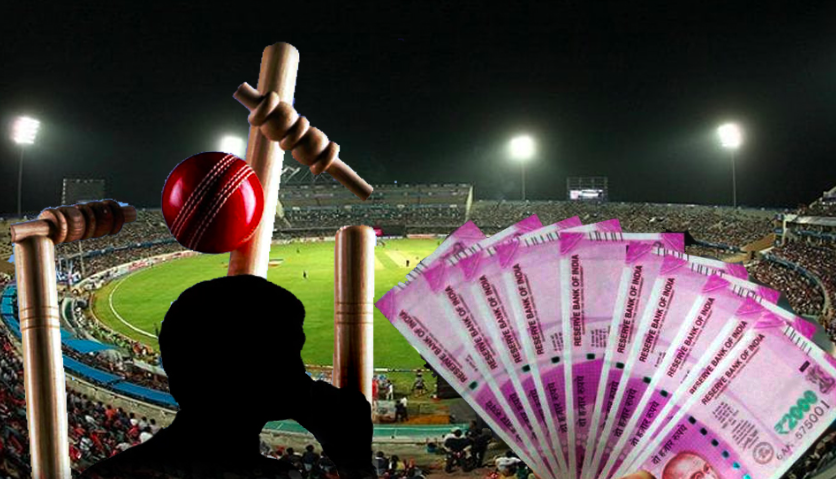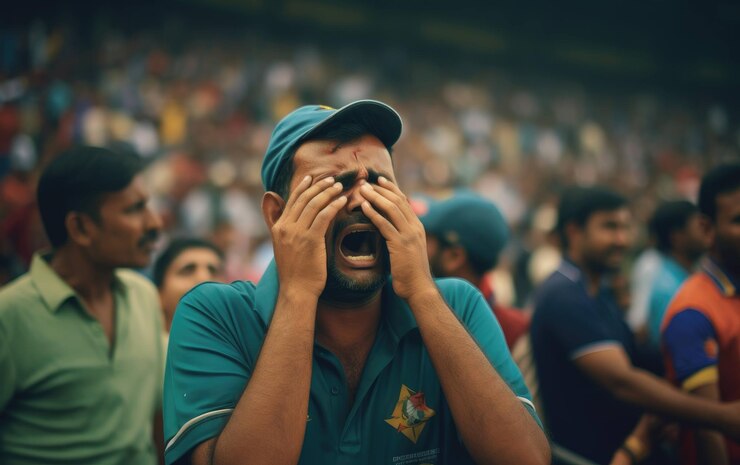

Major Match-Fixing Scandals in Indian Sports
- Jun 04, 2025
- International
- By Super Admin


Match-fixing scandals have long cast a shadow over Indian sports, raising serious concerns about ethics, transparency, and the integrity of competitions. From cricket to lesser-known sports, several cases have exposed the need for strong regulatory frameworks. Sports NGO India and organizations like Kickboxing India are stepping up to promote fairness and restore trust in the sports ecosystem.
Here’s a point-wise breakdown of the issue and how ethical reforms can bring positive change.

India’s biggest sports match-fixing case erupted in 2013 during the Indian Premier League (IPL). Several players and team officials were caught in spot-fixing scandals. These events shocked the nation and revealed the urgent need for ethical governance in sports.
Many sports training programs in India still operate without strict monitoring. Without clear checks and balances, young athletes are vulnerable to unfair practices and external influences. Sports NGO India recommends setting up standard guidelines and background checks for all training institutions to ensure transparency.
Kickboxing India is actively raising awareness about integrity in combat sports. It supports zero tolerance for match-fixing and encourages transparency at all competitive levels. By promoting fair play rules and athlete education, Kickboxing India is setting an example for other federations to follow.
Self-defense training is not just about learning to fight; it also instills values like discipline, honesty, and accountability. These values are crucial for creating a strong ethical base in athletes. NGOs and grassroots organizations are integrating self-defense into their curriculum to promote moral strength along with physical training.
Corruption in top-tier sports often begins due to weak foundations. That’s why grassroots sports development is essential. Initiatives supported by Sports NGO India focus on educating young athletes about sports ethics from an early age, creating a culture of fair competition from the ground up.
Unqualified coaches or those chasing personal fame can misguide young athletes. Ethics in fitness coaching is often overlooked. Regular certification, transparency, and third-party audits should be part of all coaching setups to avoid misuse of influence.
Many athletes fall prey to unsafe supplements or biased recommendations. Ethical practices in sports nutrition must include clean guidance, proper approvals, and education. NGOs are encouraging dieticians and trainers to follow approved nutrition protocols.
Yoga training has long been associated with discipline and inner control. Several sports NGOs now include yoga as part of athlete development not just for flexibility, but to teach focus, patience, and fair conduct.
Media platforms like HSWF.Network and India Today Sports have been instrumental in highlighting scandals and bringing them to public attention. These platforms play a critical role in pressuring governing bodies to take action.
Organizations like Sports NGO India and Kickboxing India are advocating for more ethical awareness, transparent systems, and accountability in sports. From grassroots initiatives to national-level reforms, their efforts are helping to rebuild faith in Indian sports.
Match-fixing and unethical practices hurt not just the sport but also the dreams of young athletes. It’s time for collective action. Platforms like HSWF.Network, along with references from India Today and ESPN India, emphasize the urgent need for reform. With the continued support of ethical organizations such as Sports NGO India and Kickboxing India, Indian sports can move toward a cleaner, fairer future.